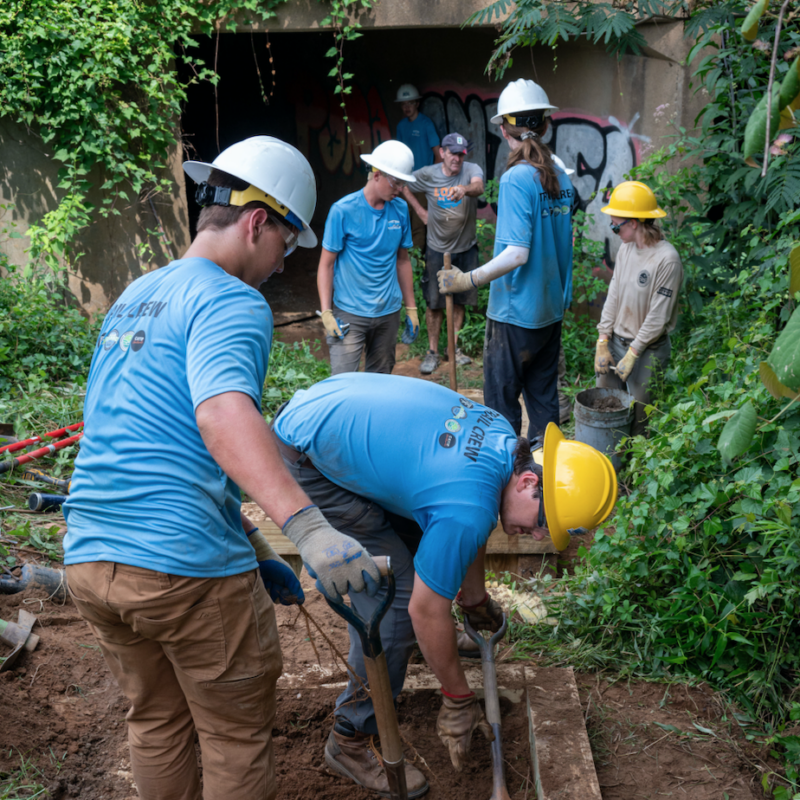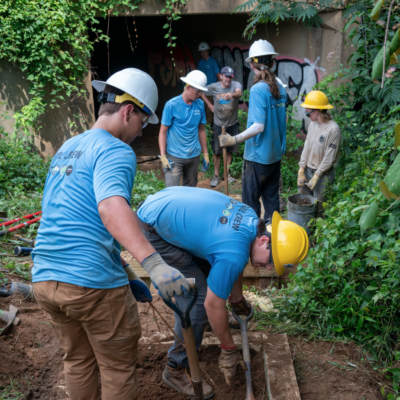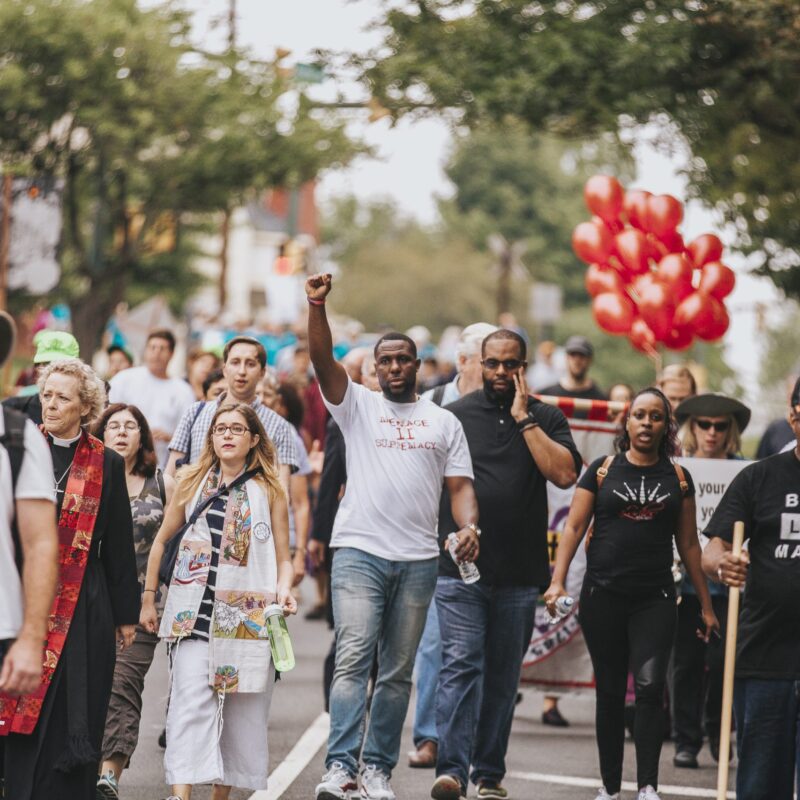Holly Edwards remains undecided about whether to vaccinate her teenage twin daughters against the human papillomavirus (HPV).
“I am not convinced,” said Edwards, registered nurse, city councilor and perhaps most important, mother, as she spoke to an audience made up mostly of women on September 23 at McLeod Hall in UVA’s School of Nursing. She was one of three members of a panel discussion on HPV and cervical cancer sponsored by the UVA organization Feminism is for Everyone (FIFE) and the Charlottesville chapter of the National Organization for Women.
HPV is the most common sexually transmitted disease (STD), with more than six million new cases each year and about 10 deaths among women every day. The Gardasil vaccine, manufactured by Merck & Co., is an extra step in the prevention of cervical cancer if coupled with pap smears.
|
"I am leery of the political will that deemed the vaccine mandatory," said Holly Edwards. |
Edwards is among many who still have questions about a vaccine that, starting next year, will be required for all sixth grade girls in the Commonwealth. Virginia is the only state in the nation with the mandate, but it has a relatively loose verbal opt-out policy for parents.
“I am leery of the political will that deemed the vaccine mandatory,” said Edwards, who points out that gatherings like this one are “absolutely necessary” to educate parents and girls about public health. And discussion, she says, is a key component to having a healthy society.
Fellow panelist Dr. Mark Stoler recognized that mandates go against the idea of freedom, but “to protect the population, the mandate is the only way to do it.” Stoler acknowledged the need for men to also be vaccinated, because HPV can result in anal and penile cancer, but focused on the need to educate the masses on the primary targets of this type of cancer and the importance of the vaccine.
“Cervical cancer is a particularly nasty cancer,” he said. “It’s a cancer that occurs in younger women and women who are in the prime of their lives, who are taking care of their children. This is not a cancer of old age.”
But researcher and freelance journalist Cynthia A. Janak, who has been writing about the side effects of the vaccine, said that the risks connected to Gardasil are too great for a mandate.
“It’s very dangerous,” she said. In her research, Janak found that many young women who got the vaccine suffered from fainting, nausea and debilitating migraines.
Panelist Dr. Jennifer Young, fellow in Gynecologic Oncology at UVA, encouraged all mothers to vaccinate their daughters for the simple fact that at least 50 percent of sexually active men and women acquire genital HPV infection at some point in life and the cure can be long and painful.
“Imagine having to be in stirrups with a microscope in between your legs for 20 minutes —not fun,” she said. Young also said the mandatory vaccine could reduce the billions of dollars spent each year on curing genital warts, one of the linked effects of the HPV virus.
Nora Eakin, 19, vice chair for FIFE and UVA student, decided to get vaccinated but understands the frustration of parents who are forced to make a decision. “There is definitely not enough information on sexual health around,” she says. “I am not sure if people around campus know about HPV and the vaccine.”
C-VILLE welcomes news tips from readers. Send them to news@c-ville.com.






